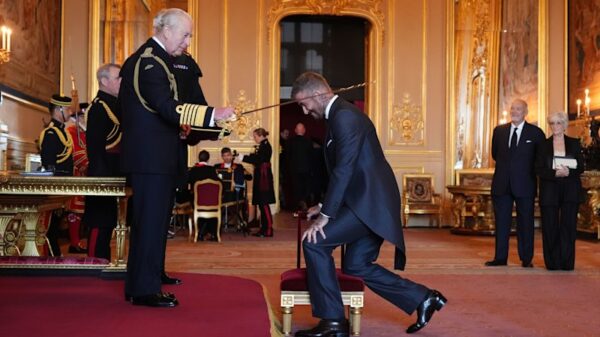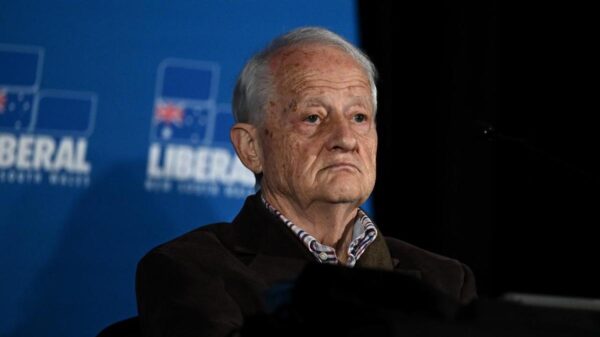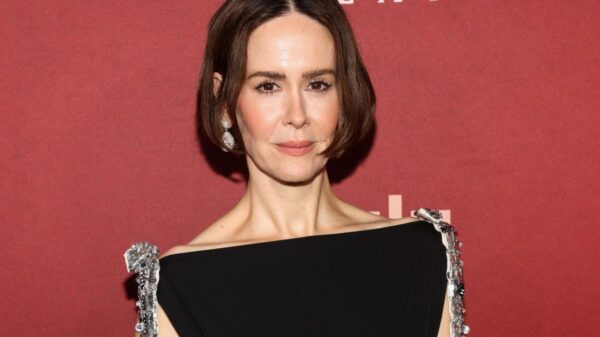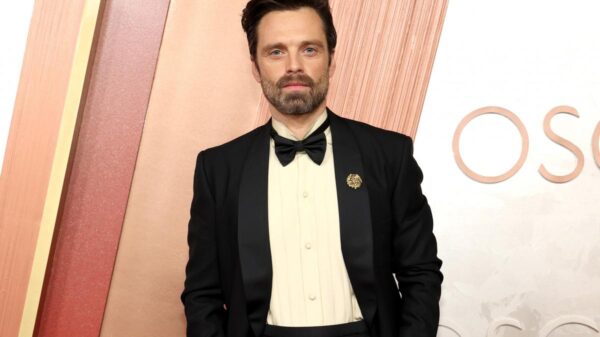The new documentary film Mother Vera offers an intimate exploration of a nun’s life, compelling viewers to reassess their perceptions of religious women. Through the journey of its protagonist, Mother Vera, the film delves into the complexities of faith, identity, and societal expectations surrounding women in religious roles.
Redefining the Narrative on Nuns
Nuns have often been portrayed in popular culture as either comedic figures or sinister characters. This has led to a dehumanisation that strips away their individuality. In contrast, Mother Vera urges audiences to engage with the real-life experiences of nuns, prompting essential questions about societal norms and personal desires. The film presents a powerful narrative that encourages viewers to reflect on their own lives and relationships.
Following a poignant conversation with a family member, Mother Vera embarks on a journey of self-discovery. As she confronts buried memories, viewers witness her transformation and the emotional complexities that accompany such a profound change. This journey is visually enhanced through stunning cinematography that captures the beauty of the countryside and the stillness of convent life.
The film’s immersive storytelling invites viewers to experience the quietude and depth of the nun’s existence. It contrasts sharply with conventional films that often rely on dialogue to drive the narrative forward. Instead, Mother Vera creates a space for individual reflection, challenging its audience to engage meaningfully with its themes.
Artistry and Archetypes
While the film navigates familiar tropes surrounding nuns, it does so with a sophistication that encourages critical thought. The character of Mother Vera is portrayed with a complexity that transcends the traditional archetypes often seen in media. At times, she seems to embody a historical presence, evoking images of past eras through her attire and surroundings.
There are moments when the narrative flirts with clichés, suggesting that nuns must abandon their otherworldly nature to reintegrate into society. Yet, the film refuses to allow these ideas to go unchallenged. Instead, it invites viewers to interrogate their beliefs about these archetypes and consider the realities behind them.
Additionally, the film highlights the continuity of life experiences, notably in the protagonist’s bond with horses, which serves as a metaphor for connection across different realms of existence. This theme resonates deeply, as it reflects universal struggles that transcend cultural and religious boundaries.
Mother Vera is a beautifully crafted film that balances lavish visuals with minimalist storytelling. Its exploration of existential themes, combined with a sensory appeal, ensures that it leaves a lasting impression long after the credits roll. The documentary not only evokes its specific setting but also resonates with audiences on a broader scale, touching upon shared human experiences.
In a time when the representation of religious figures in media is often oversimplified, Mother Vera stands out as a profound reflection on the complexities of faith and identity. By inviting viewers to engage deeply with its narrative, the film challenges us to reconsider our perceptions and the societal constructs that shape our understanding of women in religious life.
Helen Hall, a priest in the Church of England, underscores the significance of this documentary, noting its ability to spark important conversations about the lived experiences of nuns in today’s world.



































































